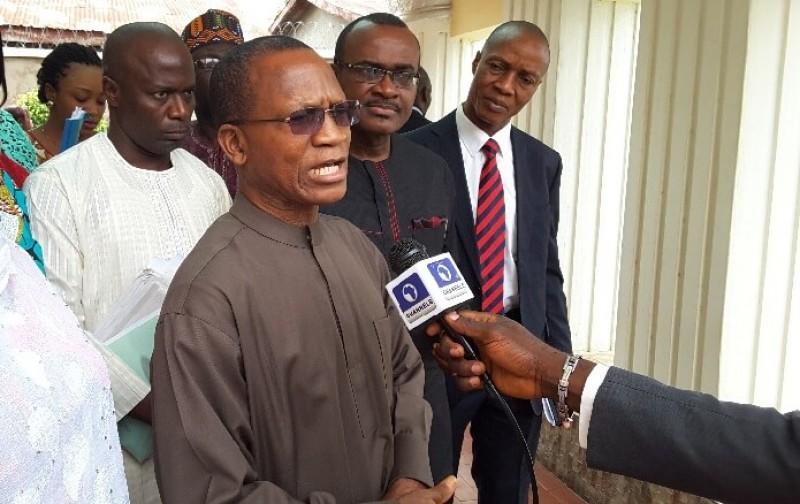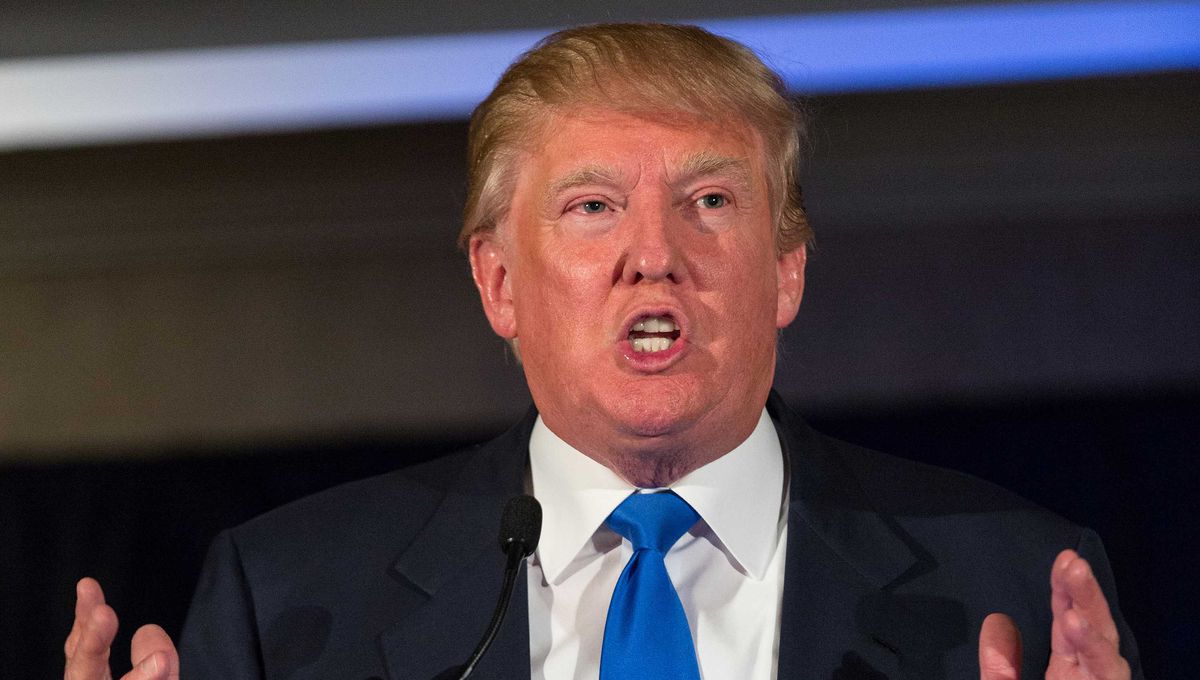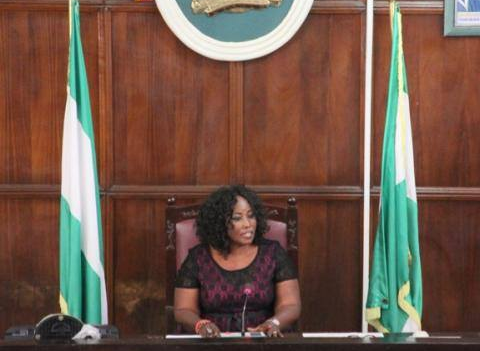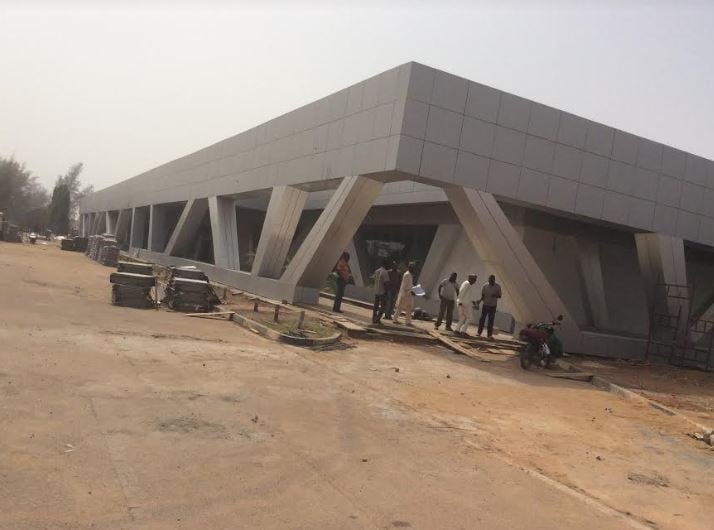Abraham Nwankwo, director-general of the Debt Management Office (DMO), on Thursday revealed that the nation’s total debt profile as of December 31, 2016, was $57.39 billion (N17.36 trillion).
He made this known while defending the agency’s 2017 budget before the senate committee on local and foreign debts in Abuja.
Nwankwo said the amount included domestic and foreign debts owed by the country.
He said the external debt profile stood at $11.41 billion (N3.48 trillion), while the domestic debt stock stood at $45.98 billion (N13.88 trillion).
Advertisement
According to him, the debt stock of N17. 36 trillion owed by the country included debts of the federal government, the 36 states of the federation and the federal capital territory (FCT).
Nwankwo also said that the difference was due to the projected debt service payments in respect of new financing that was not fully utilised, as only few loans became effective during the period.
He said the domestic debt stock of the federal government, the 36 states and the FCT accounted for about 80 percent of the total debt, while their external debt stock accounted for about 20 per cent.
Advertisement
Nwankwo said though Nigeria’s debt profile was on the increase, it was not in a precarious economic situation that would warrant seeking for debt relief.
He added that in spite of the recession, the economic indices had not portrayed Nigeria as a weak economy to warrant seeking for debt relief.
“Nigeria is not in a position to beg for debt forgiveness,” he said.
“In spite of the present state of the economy, the country is still counted as a strong economy among other countries. The economic indicators show that Nigeria has a strong economy.”
Advertisement
He said if borrowing would be genuinely committed to infrastructural development, it would go a long way in the move to develop the economy.
On repayment of the debt, he said the ministry of finance was making effort to expand the nation’s tax base.
According to him, this will be done by ensuring that people and companies that are not paying taxes begin to pay to boost the revenue base and reduce the need for borrowing.
He lamented that tax collection in Nigeria had been poor, contributing to reduced revenue generation.
Advertisement
Add a comment






